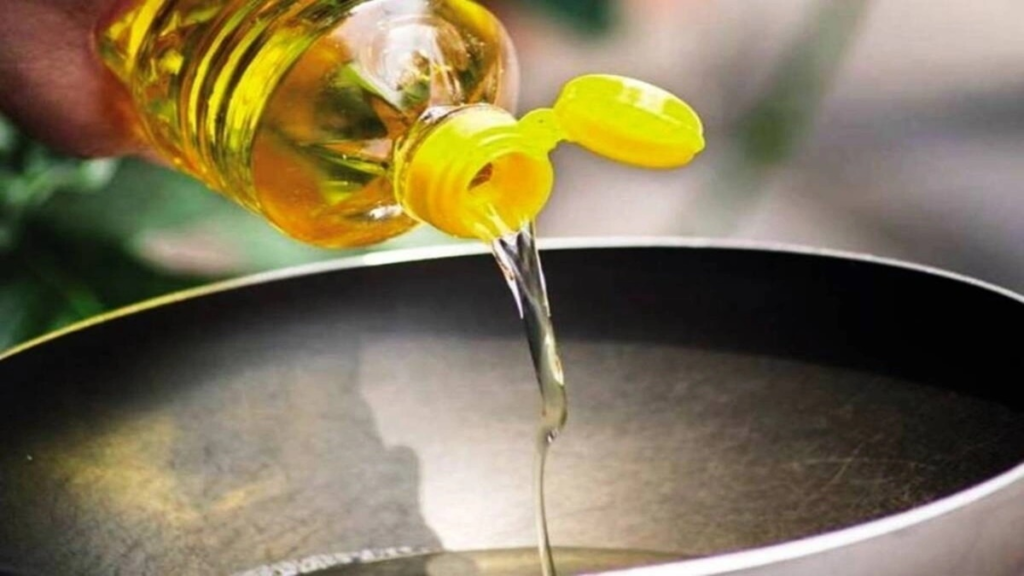A food ministry official told FE that any hike in imports duties of edible oil, especially palm, soybean and sunflower, may impact the domestic refineries, as the country imports about 56% of its oil requirements, the bulk of it in crude form.
The government is unlikely to hike import duties on edible oils, despite a sharp fall in domestic prices of cooking oils. While the trade body Solvent Extractors Association of India (SEA) has sought higher import tariffs, citing the fall in prices of mustard oil, which has the largest share in India’s consumption basket, the government has decided to keep import tariffs unchanged.
A food ministry official told FE that any hike in imports duties of edible oil, especially palm, soybean and sunflower, may impact the domestic refineries, as the country imports about 56% of its oil requirements, the bulk of it in crude form.
Out of the total imports of 14 million tonne (MT) of edible annually, the share of crude and refined oil is 75% and 25% respectively.
At present, crude palm, soybean and sunflower oils imports attract only 5% agri infra cess and a 10% education cess upon it, meaning a total tax incidence of 5.5%. In case of refined edible oil, effective import duty is 13.75%.
“Any tweaking of import duty structure at present, may have adverse impact on the refineries as a large of chunk of edible oil import is in crude form,” the official said.
The government cut import duties on crude palm, soybean and sunflower oils in September 2022. In December 2022, it extended the concessional duties on edible oils till March 31, 2024.
The landed prices of palm oil (at Mumbai port), which has close to 60% share in the country’s import basket, has declined by 50% to $ 925/tonne on May 19, 2023 against $1,840/tonne prevailed a year ago. Landed prices of crude soy and sunflower have declined 47% and 56% to $ 990/tonne and $950/tonne respectively.
The SEA in a recent communication to the food ministry said that mustard seed, which is being sold below MSP in mandis, could lead to reduction in area under mustard crop in the coming rabi season.
“Unbridled imports of palmolein is resulting in collapse of edible oil prices, which is impacting marketing of mustard at peak harvest time and causing distress to farmers,” Ajay Jhunjhunwala, president, SEA, had stated in a communication to the food ministry.
Mandi prices of mustard seeds at present continue to rule below the minimum support price (MSP) of `5,450/quintal for the season, despite the government’s move to procure the oil seeds from the farmers after a two-year gap.
India imports about 56% of the total annual edible oil consumption of around 25 MT. The share of domestic edible oil includes mustard (40%), soyabean (24%) and groundnut (7%) and others.
Annual imports of edible oil is around 13 MT, mostly palm oil (8 MT), soyabean (2.7 MT) and sunflower (2 MT). While palm oil is imported from mostly Malaysia and Indonesia, soybean and sunflower oils are imported mostly from Argentina and Ukraine.
Retail inflation in oil and fats categories declined by 12.33% in April, 2023 on year.
For mustard oil, prices declined by 17.29% in April 2023. Inflation in refined oil (sunflower, soybean and palm) also declined by 18.79% last month on year, because of a decline in global prices of edible oil and bumper domestic output.
Recently, the food ministry had urged the edible oil retailers to cut prices of edible oil further keeping in consideration the softening of global prices and bumper mustard output in the country this season.

Source:financialexpress.com


